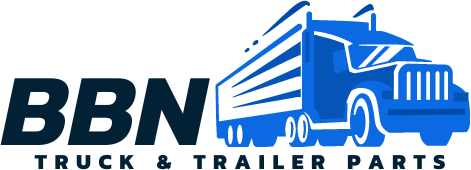Your vehicle’s engine is the heart of its performance and longevity. Proper maintenance and care can significantly extend the life of your engine, saving you money and ensuring a smooth driving experience. In this comprehensive guide, we will explore essential tips and practices to maximize engine longevity and keep your vehicle running at its best for years to come.
Regular Oil Changes:
One of the most crucial aspects of engine maintenance is regular oil changes. Engine oil lubricates and protects the internal components from wear and tear. Ensure that you follow the manufacturer’s recommendations for oil change intervals and use the recommended oil type. Clean, high-quality oil will contribute to reduced friction and optimal engine performance.
Air Filter Replacement:
The air filter plays a vital role in preventing dirt and debris from entering the engine. A clogged or dirty air filter can reduce fuel efficiency and hinder engine performance. Check and replace the air filter regularly, as it is a simple yet effective way to ensure a clean and efficient air supply to the engine.
Cooling System Maintenance:
Overheating is a common cause of engine damage. Regularly check the coolant levels and ensure that the radiator, hoses, and water pump are in good condition. Flushing the cooling system at recommended intervals helps remove contaminants and ensures efficient heat dissipation, preventing overheating issues that can lead to engine damage.
Timely Belt and Chain Inspection:
Belts and timing chains are crucial components that synchronize engine components. If these components fail, it can result in severe engine damage. Regularly inspect and replace timing belts or chains as per the manufacturer’s recommendations. This preventive measure can save your engine from potential catastrophic failures.
Quality Fuel and Fuel System Maintenance:
Using high-quality fuel can positively impact engine performance and longevity. Choose a reputable fuel station, and consider using fuel additives that clean injectors and prevent carbon deposits. Regularly inspect and clean the fuel injectors, fuel filter, and fuel lines to maintain optimal fuel delivery to the engine.
Maintain Proper Engine Temperature:
Extreme temperatures can adversely affect engine performance and longevity. Ensure that your vehicle’s cooling and heating systems are functioning correctly. Replace a malfunctioning thermostat promptly to regulate the engine’s temperature and prevent overheating or running too cold, both of which can lead to premature wear.
Drive Responsibly:
Your driving habits have a significant impact on engine wear and tear. Avoid aggressive driving, sudden acceleration, and abrupt stops, as these actions can put unnecessary stress on the engine components. Smooth and steady driving not only improves fuel efficiency but also contributes to the overall health of the engine.
Regular Inspections:
Frequent inspections of the engine bay and related components can help identify potential issues before they escalate. Look for leaks, unusual noises, or changes in performance. Addressing minor problems early on can prevent major engine damage and prolong the overall lifespan of your vehicle.
Conclusion:
Maximizing engine longevity requires a proactive and comprehensive approach to vehicle maintenance. By following these tips and staying diligent in your upkeep routine, you can ensure that your engine performs optimally, saving you money on repairs and replacement costs. Remember that a well-maintained engine not only extends the life of your vehicle but also contributes to a more efficient and enjoyable driving experience.

